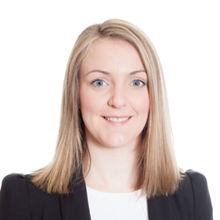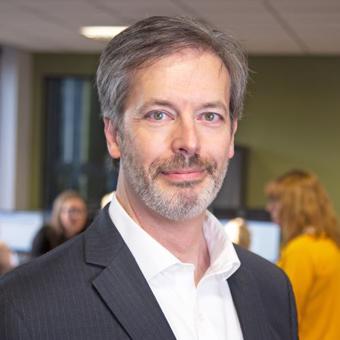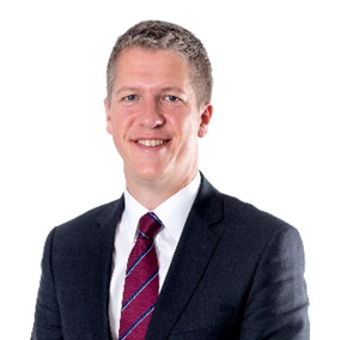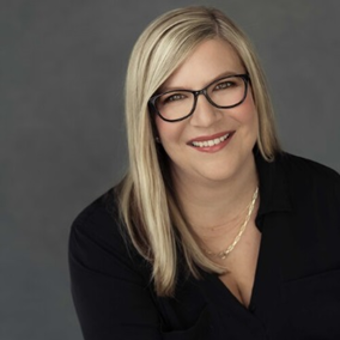Rachel Sharp, who specialises in serious clinical negligence and catastrophic injury cases, explains importance of taking a client-centric approach to holistic care for those involved in personal injury cases.
Impact of Injuries
The impact of any injury claim often means my client, the life they knew, and often their family, are in crisis, all through no fault of their own. Suffering both physical and psychological injuries and the stark reality of a sudden change in their future is daunting: the impact on their capacity to work, what equipment and care they might need and how their finances and, above all, family, will now function.
While it is my job to understand the detail of the claim, the legal arguments and, ultimately, to progress the case to a successful conclusion, it is so much more than that. For me, departing from the claim and litigation is just as important.
It is a skill to understand and support the client through their short-term and long-term needs, and I find that if I can walk the journey with the client the trusting relationship begins, which is so important. At the end of the day, this is someone’s mother or father, son or daughter, the bills still come in, the mortgage or rent still needs paying and the children still need taking to school. All of this is reality and needs thinking about from day one.
Cases can take a long time to settle, and being there as a point of contact for the client is what I pride myself in. Often just the simple lending of an ear is all a client may need that day, just to help them get through it.
They might need assistance filling in forms to claim for disability benefits, need pro bono advice on repossession of their property, or want to know who might be able to help them sort their finances. Having the ability to assist, or point them to someone who can, is all part and parcel of the service we should all strive to give.
Obstacles
The claims process creates lots of challenges, and putting the client’s care at the centre can sometimes be hindered. An absolutely prime example of this is how easily available rehabilitation is for a client: availability shouldn’t differ but, unfortunately, it does.
A client injured in an accident at work or on the road has the benefit of the 2015 Rehabilitation Code. It is a voluntary code but most insurers work with it in mind and strive for a collaborative approach to rehabilitation.
The code’s aim is to assist injured clients to make the best and quickest recovery across medical, social, vocational and psychological rehab. This would be funded by the defendant’s insurer, despite liability investigations not having concluded.
This is a huge, positive tool and helps me to deliver a holistic service with the client at the centre. Unfortunately, however, this code does not cover those clients making clinical negligence claims and, I believe, this puts them at a disadvantage.
We are told that rehabilitation can have a significantly positive impact for anyone recovering from injury and that “the sooner the better” is key. It can help a client to start to rebuild their lives and, in turn, influences the client’s ability to possibly return to work, live independently and, ultimately, get on with their life. It is very difficult to succeed in securing rehabilitation, in any form, from defendants in clinical negligence claims until liability has been determined and, even then, interim payments can be difficult to obtain.
This means the gap in such services widens for certain clients. Ideally, a similar rehabilitation code should extend to clinical negligence clients, and I hope to see this in the future. Since the pandemic we have seen a more collaborative approach from both claimants and defendants in clinical negligence cases and I hope this will continue, and perhaps start a move towards easier access to rehabilitation for all.
Overcoming the hurdles
Despite these hurdles, I always strive for the best outcome for my clients, and I have learned to be there for them, whatever their needs might be that particular day. I can draw on expertise from colleagues in different departments, as well as case managers, and use charities and institutions to offer these clients an all-round service whilst they navigate their way through the reality of a life-changing injury.
Often, life will never be the same again for these clients, but they can gain the tools and understanding to live their new life in the best possible way. Someone once said to me, “People are at the heart of what we do, and we shouldn’t lose sight of that.” I couldn’t agree more.
Visit
- Connect with Rachel Sharp on LinkedIn








